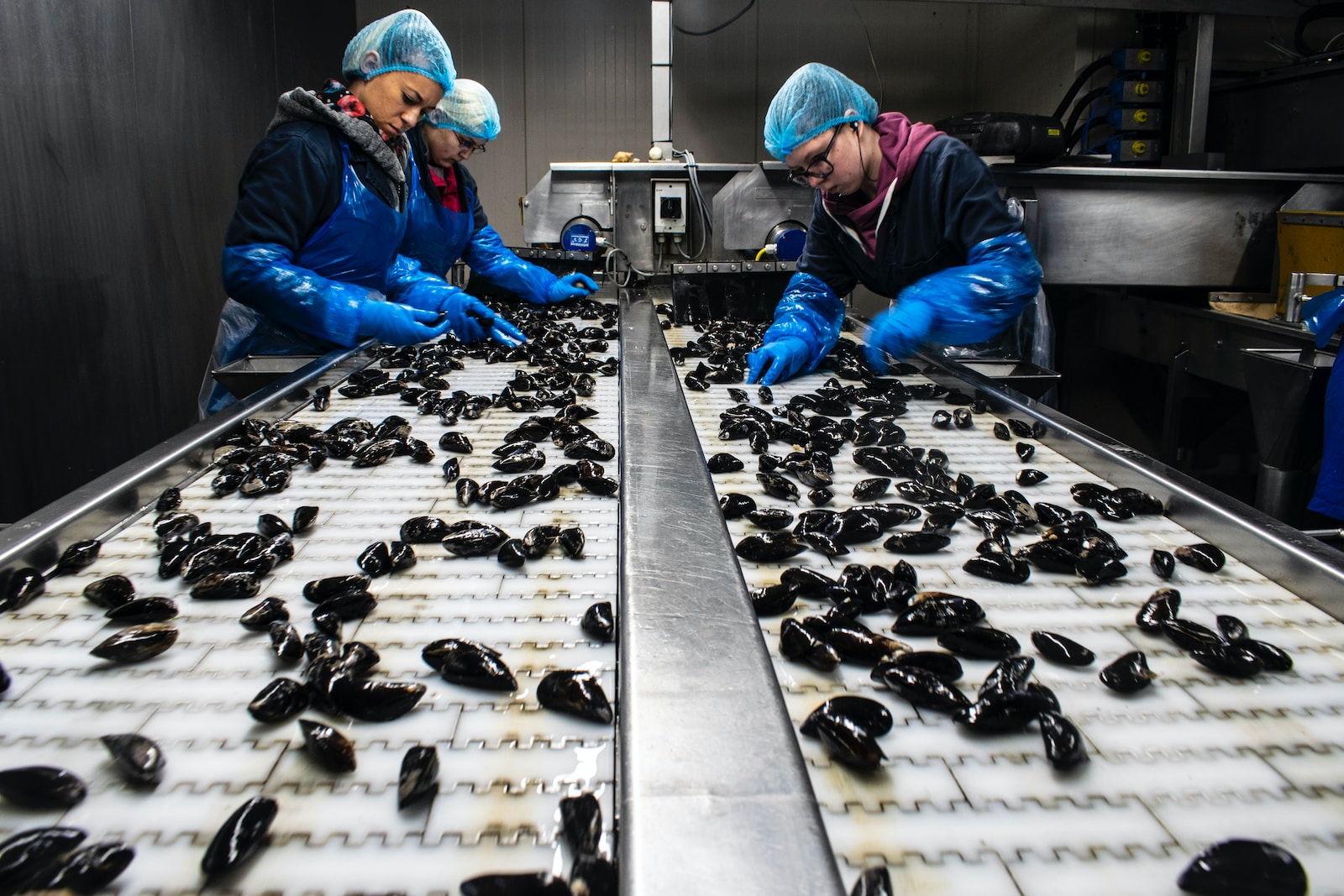Globalization has significantly impacted the manufacturing industry and factory labor worldwide. As businesses seek to remain competitive in the global market, they must adapt to the challenges and opportunities presented by globalization. Here, we explore the effects of globalization on factory labor and discuss strategies for businesses to succeed in this ever-evolving landscape:
Positive Impacts of Globalization on Factory Labor
- Increased Market Opportunities: Globalization has opened up new markets for businesses, providing opportunities for growth and expansion. Factories can now reach a wider customer base and tap into emerging markets.
- Access to Global Talent and Resources: Globalization enables factories to source talent, raw materials, and technologies from around the world. This can lead to increased innovation, improved productivity, and cost savings.
- Collaboration and Knowledge Sharing: Globalization fosters collaboration and knowledge sharing among businesses, research institutions, and industry experts. This exchange of ideas can drive innovation and lead to improved processes and technologies.
Challenges of Globalization for Factory Labor
- Increased Competition: Globalization has intensified competition in the manufacturing sector, as factories must now compete with businesses worldwide. This can result in increased pressure to reduce costs, improve efficiency, and maintain a competitive edge.
- Offshoring and Outsourcing: The pursuit of lower labor costs has led some companies to offshore or outsource their manufacturing operations. This can result in job displacement for domestic factory workers and potential quality control issues.
- Complex Supply Chains: Globalization has led to more complex supply chains, making it challenging for factories to manage logistics, monitor supplier performance, and ensure timely delivery of goods.
Strategies for Succeeding in a Globalized Factory Labor Environment
- Focus on Innovation and Quality: Factories must prioritize innovation and product quality to differentiate themselves from competitors and attract customers in the global market.
- Adopt Lean Manufacturing Principles: By implementing lean manufacturing principles, factories can improve efficiency, reduce waste, and optimize their operations to stay competitive in the global market.
- Invest in Workforce Development: Factories should invest in training and development programs to ensure their workforce is equipped with the necessary skills to adapt to the changing demands of the global market.
- Cultivate Strong Supplier Relationships: Building strong relationships with suppliers can help factories mitigate supply chain risks, ensure timely delivery of goods, and maintain consistent product quality.
- Embrace Corporate Social Responsibility (CSR): Factories that prioritize CSR initiatives, such as environmental sustainability and fair labor practices, can enhance their brand image and appeal to socially conscious consumers and investors.
Globalization has presented both challenges and opportunities for factory labor. By focusing on innovation, quality, and workforce development, factories can navigate the complexities of the global market and maintain a competitive edge in the manufacturing industry.

